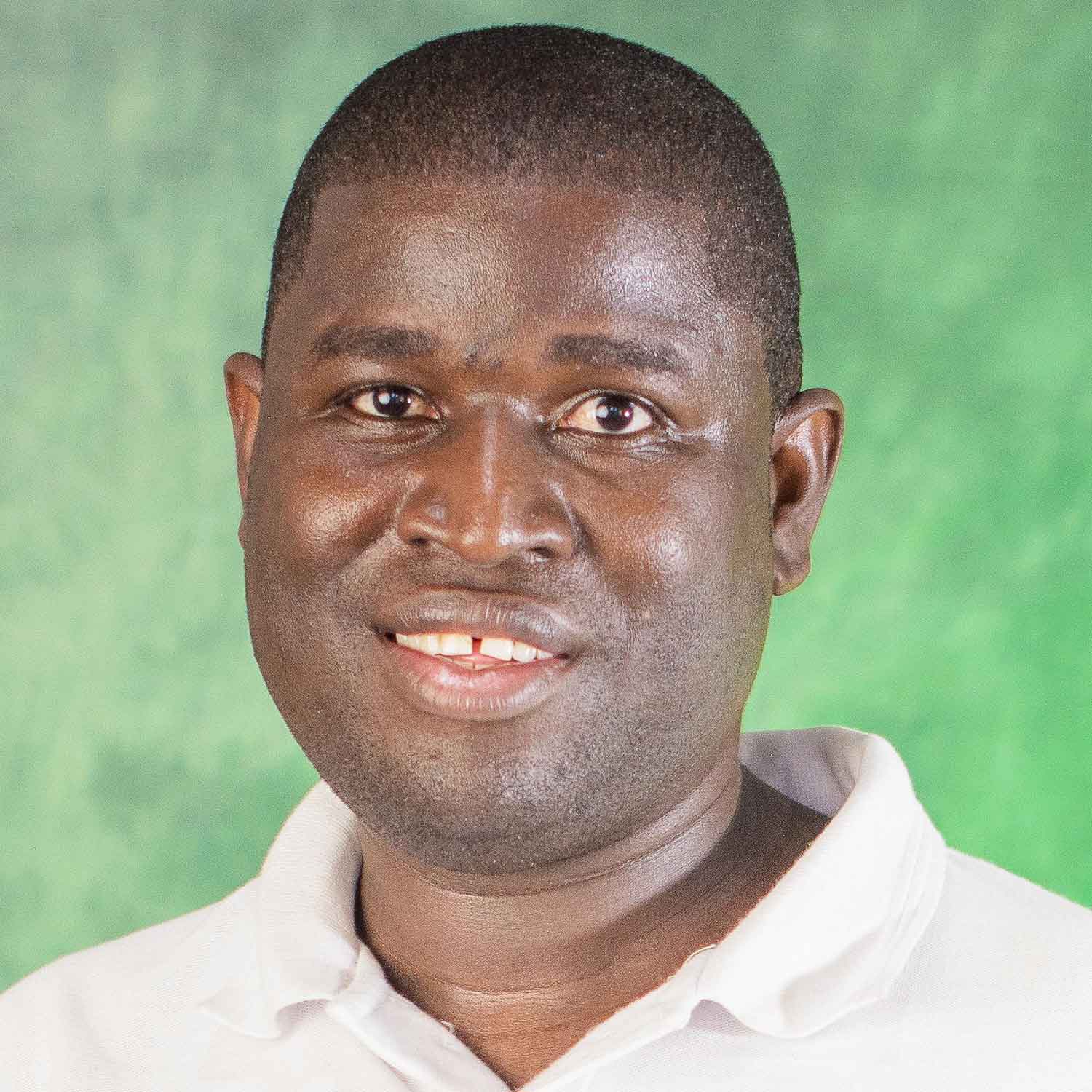
“Climate change is the issue of life and death, it is a known fact that the threat of climate change is real globally and Malawi in particular as evidenced by floods, drought and other extreme weather events, it is for this reason we have taken bold steps to raise awareness of Climate Change in a way that makes people take urgent measures to combat climate and the subsequent effects. We suggest conducting similar events in other areas as we have, targeting the young people in communities, colleges and universities as well as a film screening that will target the local leaders and those in positions that can influence change through policies and by-laws.”
McCarthy Samalani is an educator in Makata, Blantyre, Malawi and the President of World Merit Malawi. For the SIMA SDG Challenge, McCarthy chose to screen the film WHAT WOULD IT LOOK LIKE? which explores global solutions that can help us build the future that serves us all. Through the film, he encouraged his audience to connect with Sustainable Development Goal (SDG) Number 13: Take urgent action to combat climate change and its impacts
Why did you choose the SIMA Academy film WHAT WOULD IT LOOK LIKE?
We chose this film because it is very topical to the situation in Malawi currently. Our country continues to notice the negative effects of climate change including floods, droughts and low agricultural production which all contribute to rising poverty and other SDGs. Due to the urgency of climate change for Malawian youth, this film was selected as a means to instigate change and motivate youth to take bold steps on combating climate change and the negative impact it has.
How did the screening meet your objectives for the overall event?
Our audience already had a certain level of familiarity with the subject matter prior to the screening because World Merit Malawi had visited before with an SDG introduction workshop. Our objectives for the screening were developed with our event partners, “Energy Centre” and “Domwe Youth Organisation”. The objective was for the audience to leave the screening having pledged to become active advocates for SDG13 and to spread the message of the film to five people each. One hundred percent of our objectives were met as each person leaving pledged that they were motivated and promised to take the message to their respective communities.
Can you tell us if & how this event changed the audience’s awareness of the subject matter?
The topic of Climate Change is often perceived as scientific and many people from rural areas do not understand the terms and the language used. However, this event helped the participants to understand that a large contributor of climate change is due to human activities, and the film explained this in a way that was relatable and engaging.
What were the main topics of discussion at the event?
After the screening we had a guest panelist for a discussion and Q&A, Miss Vera Masula, who is a Malawian government environmental health specialist. The topics that were discussed included the need to engage the local leaders and production companies to commit to taking steps towards climate change mitigation. Another participant expressed that although climate change is undoubtedly a big issue after the screening, she wondered why there are little efforts and local media coverage on the same in Malawi and urged the government environmental health specialist to advocate for more resources to be put into the area of awareness generation.
Did the event inspire a campaign and/or new relationships between panelists, audience members or organizations?
The audience requested another screening of the film and the aim was to ‘roll it out’ to involve local leaders and increase partner organizations. Event partners, “Energy Centre” and “Domwe Youth Organisation” requested a repeat of the film screening in other, more remote, areas where they work. This shows that the film screening is a good strategy to raise awareness on climate change and the government environmental health specialist promised to give us support in terms of strategic and policy support.
Please share a memorable moment during your event?
The event captured the attention of the audience that was largely comprised of the youth and one of them confessed that he is involved and profits from the charcoal business, that involves cutting down trees. After the event he made a solid commitment to explore other environmentally friendly business and made a subsequent appointment with the government environmental health specialist to lobby for increased information for those working in industries that contribute to climate degradation.